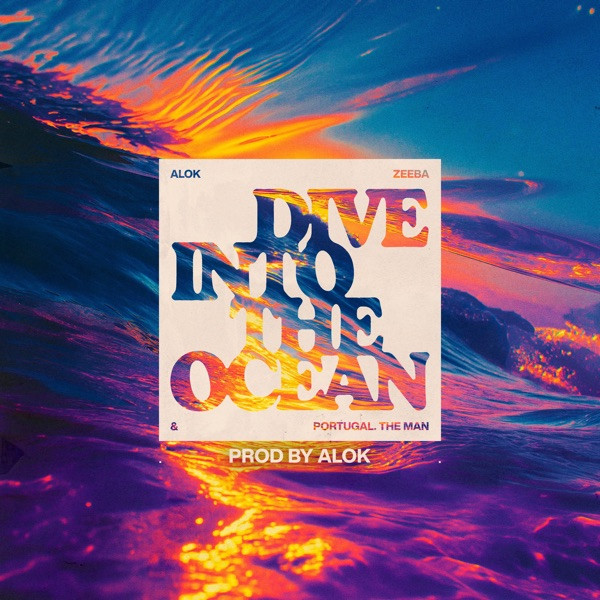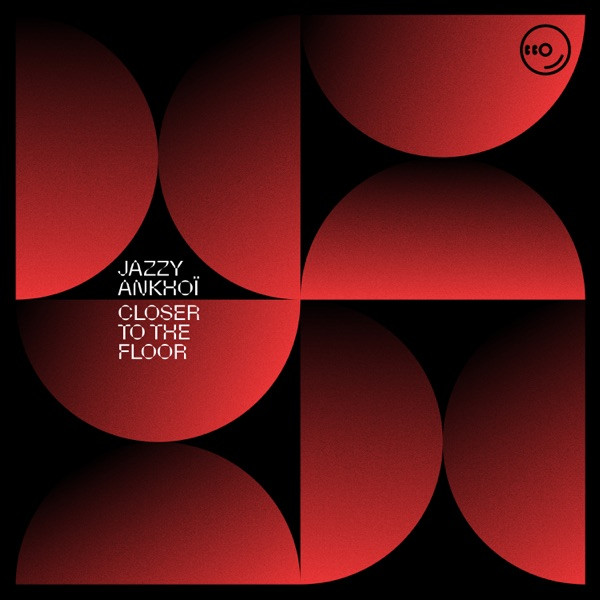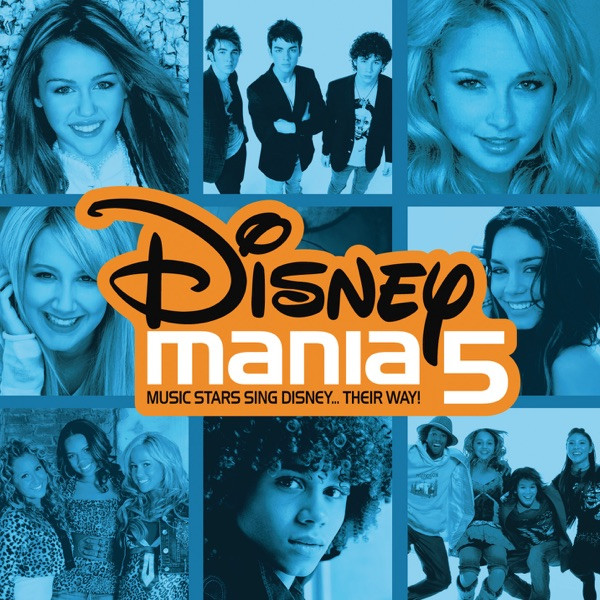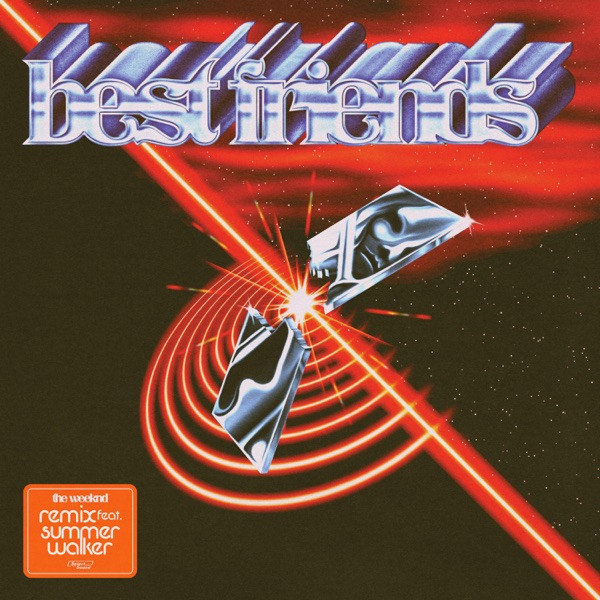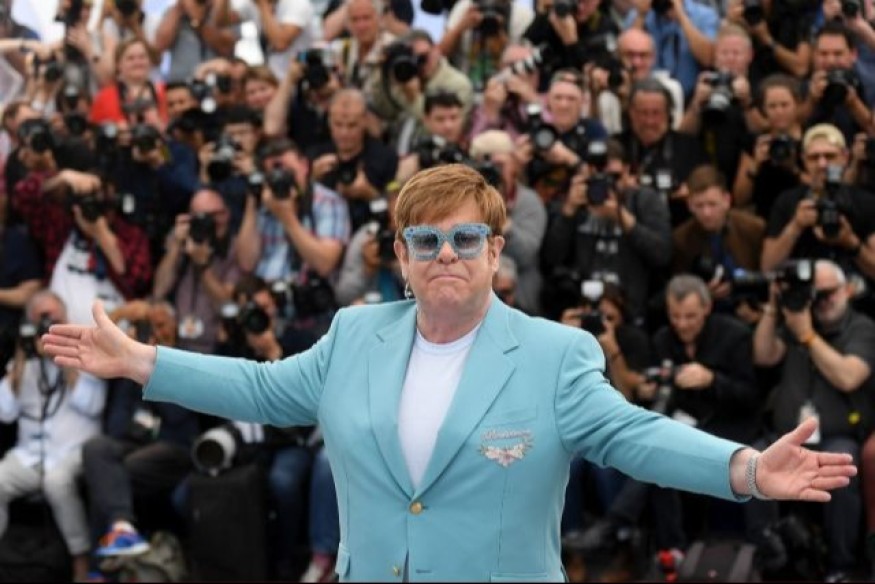
Elton John is many things—flamboyant, exacting, and undeniably brilliant—but he’s also emerged as one of the most passionate champions of new musical talent. With over six decades in the spotlight, the “Rocketman” has taken on the role of a proud and protective grandfather of the industry, offering unwavering support to up-and-coming artists.
In nearly every interview, he makes a point of praising rising stars like Ed Sheeran, Fontaines D.C., Chappell Roan, and Olivia Dean. But this isn’t just a recent habit—Elton has long cultivated his identity as a mentor and guiding figure. The real question is: why does he feel so compelled to carry this torch?
The roots may lie in his own struggles. Elton has spoken candidly about his battles with addiction and mental health, recalling how he received crucial support during his darkest moments. “I had people who stood by me when I needed it most,” he’s said. It’s clear that, in giving back, he’s honoring those who once lifted him up.
Still, in the fast-evolving music landscape of 2025, does an artist really need Elton John's endorsement to break through? His influence is immense, yes—but not singular. And no young career should hinge solely on whether it’s been “Elton-approved.”
That’s not to say his mentorship has lost its value—far from it. His wisdom and experience remain a gift to the music world. Yet, it may be time for a new generation of mentors to step forward. Take Brandi Carlile, one of Elton’s close friends, whom he hails as “the greatest singer alive today.” At 43, she’s poised to become a guiding light in her own right, even if her journey as a mentor is still unfolding.
Ultimately, Elton John’s voice will always matter. But like any cherished grandparent, he’s best honored not just by listening to him—but by learning when to strike out on our own.



